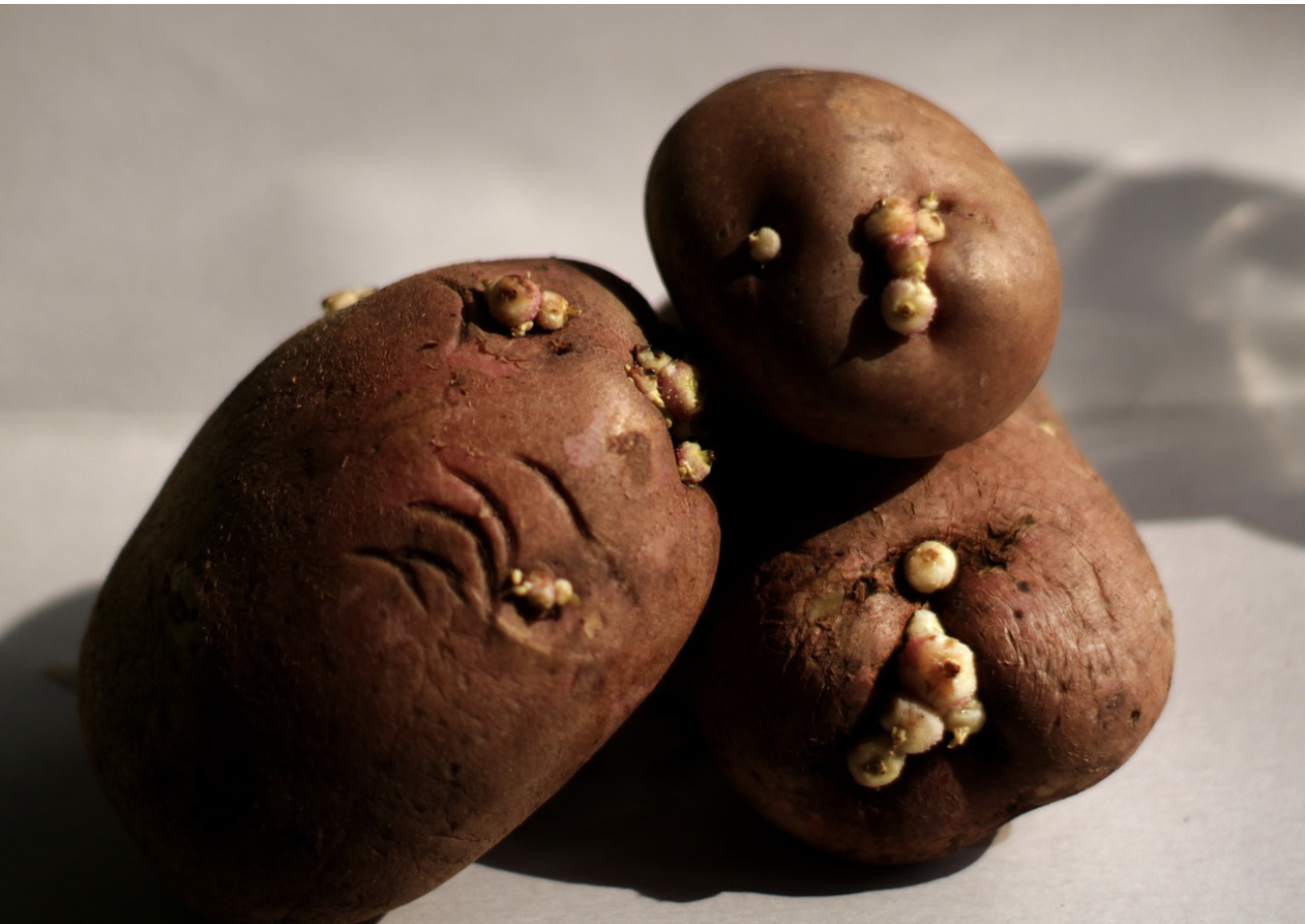The topic of whether it’s safe to consume sprouted potatoes has long perplexed people attempting to reduce food waste. As we work to limit the amount of food that is discarded that may still be used, potatoes are sometimes a difficult example. They have a tendency to sprout, which might make them unsightly and make us doubt if they’re still edible.
Potatoes, unlike several other vegetables, have a notoriously short shelf life. The emergence of greenish sprouts on them is rather usual. These sprouts indicate that the potato is getting ready to develop since they are the potato’s method of entering a more dormant stage, ready to create new plants if left alone. While these sprouts may make the potato appear unattractive and slightly rotten, this does not necessarily imply that the entire potato will be discarded.
The crucial question here is whether these sprouts are safe to consume. The answer is emphatically no. If ingested, these sprouts contain a variety of toxins that can cause unpleasant symptoms such as vomiting, migraines, and digestive difficulties. As a result, it is advised to avoid consuming the sprouts.

However, merely removing the sprouts does not guarantee that the potato is safe to eat. Poison Control advises throwing out potatoes with sprouts to be on the safe side. Nonetheless, Dr. Rich Novy, a geneticist with the USDA Agricultural Research Service, provides a more nuanced viewpoint. He contends that the state of the potato itself is critical.
The potato may still be salvageable if it is firm and not squishy or mushy. If the potato has degenerated to the point of becoming soft and mushy, it’s time to say goodbye. Dr. Novy’s approach is realistic, concentrating on the physical status of the potato rather than relying solely on sprouts.
To summarize, while potato sprouts should be avoided at all costs owing to their hazardous nature, the potato itself may still be safe to eat if it hasn’t degraded. Proper storage and usage can help lessen the likelihood of experiencing this quandary and perhaps wasting food.